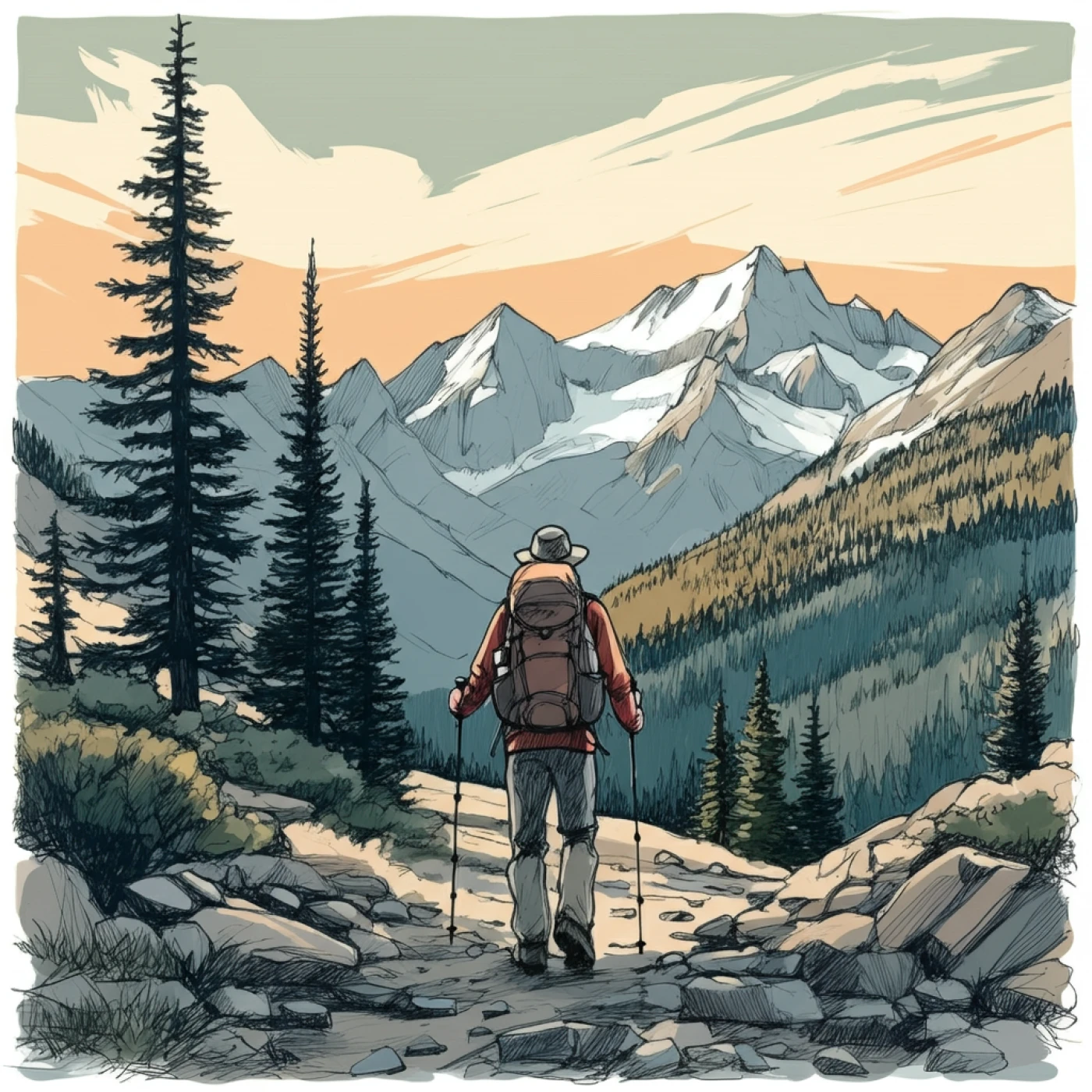If you've ever visited the stunning peaks of Colorado, wandered among the lights of Downtown Denver or hiked through the Rocky Mountains, you’ve likely experienced a bit of altitude’s toll on your body. That dizzy, headachy, breathless feeling is pretty unpleasant, and localy it's known as "altitude sickness". It can quickly turn an exhilarating experience into a battle to catch your breath. Fortunately, there are effective remedies for altitude sickness that can help you adapt, prevent, and recover—so you can get back to living #yourbestdays no matter where you find your elevated self!
What Causes Altitude Sickness?
Altitude sickness, also known as acute mountain sickness (AMS), occurs when your body struggles to adapt to lower oxygen levels at higher altitudes. Symptoms often begin at elevations around 5,000 to 8,000 feet, especially if you ascend rapidly. Common signs include anxiety, headache, nausea, dizziness, fatigue, and shortness of breath. Severe cases can lead to more serious conditions like High-Altitude Pulmonary Edema (HAPE) or High-Altitude Cerebral Edema (HACE), both requiring immediate medical attention.
Remedies to Combat Altitude Sickness
Whether you're visiting Denver's vibrant LoDo district, hiking the Rocky Mountain National Park, or skiing at Breckenridge, these strategies can help you handle the impact of higher elevations and keep altitude sickness at bay:
1. Supplemental Oxygen: Boost Oxygen
For a quick burst of relief, Boost Oxygen is a convenient, portable solution. This canister of 95% pure oxygen is designed to be used on-the-go, making it ideal for travelers, hikers, and skiers. Taking a few deep breaths can help restore oxygen levels in your bloodstream, alleviating symptoms like headache and breathlessness. Keep it in your backpack for emergencies or use it as a preventative measure while you adjust to the altitude. You can find Boost Oxygen at many IV therapy clinics, notably Onus IV Therapy + Longevity.
2. IV Therapy: Fast and Effective Relief at Onus IV Therapy + Longevity
When altitude sickness hits, hydration is key. One of the most effective treatments for altitude sickness is IV therapy, which delivers fluids, electrolytes, and targeted vitamins directly into your bloodstream for rapid relief.
At Onus IV Therapy + Longevity, we offer several IV drips specifically formulated for high-altitude recovery. Our "Phoenix" IV therapy includes a powerful combination of fluids, electrolytes, and B vitamins to rehydrate and energize, along with a high dose of glutathione, a potent antioxidant that combats oxidative stress caused by lower oxygen levels. For those experiencing more severe symptoms, we add prescription medication (such as Zofran for nausea), subject to provider assesment) to help you recover quickly and safely.
Why it works: Unlike oral hydration, IV therapy bypasses the digestive system, meaning 100% absorption of essential nutrients and faster results and relief.
3. Hydration: Water, Electrolytes, and Beyond
Staying hydrated is crucial at high altitudes, as the dry mountain air can cause you to lose fluids more rapidly. Beyond water, opt for electrolyte-rich beverages such as Keto-friendly electrolyte mixes or hydration powders that replenish lost sodium, potassium, and magnesium. SNOW is a Keto Electrolyte formulated to be similar to an iV drip, making it the perfect partner for your high-altitude jaunt!
4. Acclimatization: Gradual Ascent and Rest Days
One of the best ways to prevent altitude sickness is to give your body time to adapt. If possible, spend a day or two at an intermediate elevation (like Denver, at 5,280 feet) before heading higher. When trekking or climbing, aim to "climb high, sleep low," ascending gradually and planning rest days every 2,000 feet to allow your body to catch up.
5. Medications: Preventative and Symptom-Relief Options
Certain medications can help prevent and manage altitude sickness symptoms. Consider Acetazolamide (Diamox), which speeds up your body’s acclimatization process by making your blood more acidic, stimulating faster breathing. It’s best to start taking it a day or two before you ascend and continue for a day or two after reaching higher elevations.
For those who develop mild symptoms, ibuprofen or aspirin can be used to alleviate headache, while anti-nausea medications like Zofran can help ease stomach discomfort.
6. Supplements: B Vitamins, Iron, and Adaptogens
Specific nutrients can support your body’s ability to utilize oxygen more effectively. Supplementing with B Vitamins (particularly B12), iron, and magnesium can enhance red blood cell production and oxygen delivery. For a natural boost, adaptogens like Rhodiola or Cordyceps may help improve stamina and energy at altitude.
When to Seek Professional Help
If your symptoms persist or worsen despite these interventions, it’s important to seek medical attention. Severe altitude sickness can progress quickly and requires professional treatment.
Breathe Easier at Altitude
Altitude sickness can put a damper on your mountain adventures, but with the right preparation and treatments, you don’t have to let it hold you back. Whether you’re taking in the scenic views from a mountain peak, galavanting around the wonderful Denver has to offer, or enjoying a high-altitude ski trip, these strategies will keep you breathing easy and ready for your next adventure.
If you're visiting Colorado and want to learn more about our Altitude Recovery IV Therapy, give us a call or drop by our Denver location for a consultation. We’re here to help you feel your best—no matter how high you climb!
